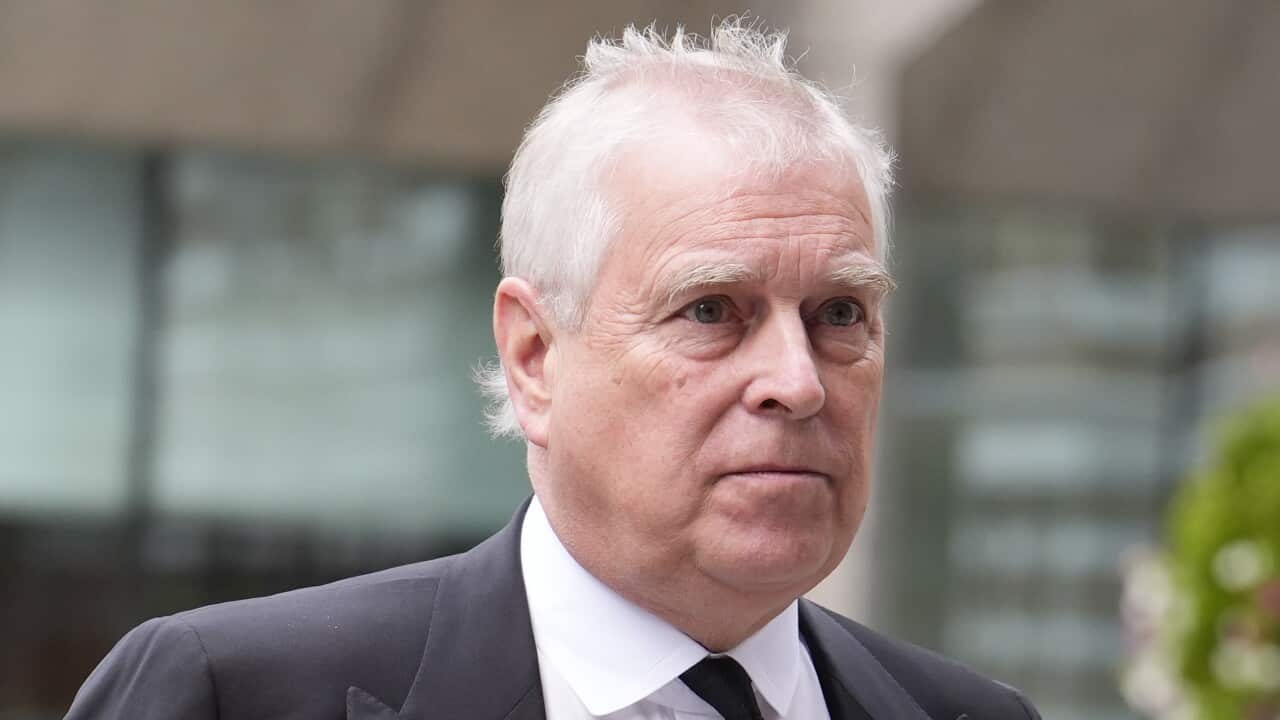Simone Gardiner knows what it’s like to feel lonely in a city of millions.
When she first moved to Melbourne from regional Victoria for the university, she found it difficult to establish social ties.
“Definitely a huge sense of change because most of the people doing my course at that time already had a sense of community and already had friendship groups established. So it was sort of a bit challenging, I suppose, trying to find some people like myself. There weren't many people from the country doing my course."
Sumitra Puri migrated to Australia from India in 2008. She says the first few years were very difficult without a proper social association.
Now Manager of the Richmond Community Learning Centre in inner Melbourne, Ms Gardiner organizes programs aimed at encouraging social interaction amongst the area’s residents.
“I think people don't necessarily identify themselves as being lonely, but they will identify a lack of connection to their community and the lack of knowing who their neighbours are. Even living in apartments is another key feature that's happening increasingly, and especially in Richmond, and there's just not those opportunities to meet people.”
A survey conducted in 2016 by Lifeline found 60 per cent of Australians felt lonely, while 82 per cent of respondents felt loneliness is increasing.
Dr Michelle Lim is a clinical psychologist and the Scientific Chair of the Australian Coalition to End Loneliness.
She says it can be challenging to establish long-term, meaningful relationships in urban environments, especially for those who face other barriers, such as language or mobility issues.
“The factors that actually don't help are increasing, so people are living by themselves a lot more, they are travelling away from their community to work a lot more, you know, they are taking longer time, I guess, a longer time to commute to work, which takes them away from communities.”
Dr Lim says loneliness can have long-term effects on an individual's mental health.
“Loneliness actually predicts poorer mental health outcomes and predicts more severe mental health symptoms, and if you feel lonely at the one-time point you're more likely to actually report higher levels of depression, higher levels of social anxiety and higher levels of paranoia.”
Dr Lim says loneliness can also affect physical health and has a higher mortality rate than obesity.
“When you feel like you don't have a strong meaningful relationships around you, people who've kind of got your back, people you trust, people with who you can confide it puts more stress on our physical bodies, we scan our environment a lot more, we actually are always trying to increase our own resources because we can't rely on other people to provide for us, for example. Those things really affect the way we function in our environment and the world."
Dr Lim says the way cities are designed can influence the prevalence of loneliness.
"Urban design may not seem like one of those things that would affect how we feel about relationships, but in fact when it's done well it can really facilitate social interactions. It provides us with opportunities to be able to form those meaningful relationships. Of course, we have to do the rest, but it presents opportunities and makes things easier for us, whether it's accessibility or how we feel about spaces."
Urban researcher Dr Leila Farahani agrees.
("Low-density suburban lifestyle has been associated with weaker socials ties and increasing social isolation, especially in suburban nations like Australia and America. Researchers have found that suburban neighbouring interactions in Australia have dropped significantly over the past three decades and the number of people who report they do not know anyone in their local neighbourhood has increased significantly."
Dr Farahani, from R-M-I-T's Centre for Urban Research, says Australia's obsession with cars is part of the problem.
“People living in walkable, mixed-use neighbourhoods have higher levels of social connections compared with those living in car-oriented suburbs. Diversity of uses in neighbourhoods is also important, and encourages residents to walk to various destinations like supermarkets or other services you may need to have in a walkable catchment from your home.”
To be more walkable, Dr Farahani says, suburbs should have at least 25 dwellings per hectare.
“In Melbourne, the current density is only about 13 dwellings per hectare which is way lower than what is needed. Sydney is doing a little bit better, so it's higher in density at an average of 19 dwellings per hectare, but it's still a lot lower than what the evidence shows is needed for achieving more walkable neighbourhoods.”
Sumitra explains, that it’s important to join community groups as they provide a vital service for those experiencing social isolation.
"I started doing free photography for events done community organisations, this helped me to know people and also find out the meaningfulness which I was looking for."
Ms Gardiner says she thinks they will become increasingly important in addressing urban loneliness, as Australia's population grows and ages.
“We have an older person who's started a craft group and she said that that craft group, that's what she lives for is that connection that she has to that group. So yes she's been able to learn how to sew, but it's that connection to that group that meets on a weekly basis, really, that's what sustains her."




